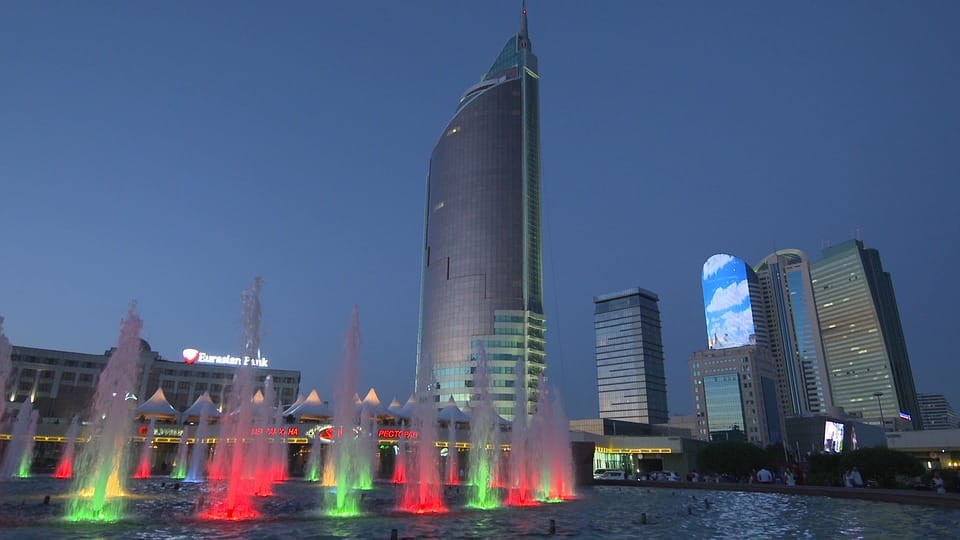
[Versión española]
After following the events in Kazakhstan for almost five months, starting with the analysis we offered in translation on 19 January 2022, we have arrived at the result of the referendum held in the Central Asian country last Sunday, and which led Kazakh President Kassym-Khomart Tokayev on Monday 6 June 2022 to pledge to fulfil his plans to push forward democratic reforms in Kazakhstan, after a clear majority of voters approved the constitutional amendments he had put forward in a referendum.
The referendum proposed to Kazakhs sanctions changes to the Central Asian country's constitution that would, among other things, limit presidential powers and expand parliamentary powers.
According to the Central Election Commission, turnout was 68.06%, and 77.18% of the votes cast on Sunday were in favour of amendments that decentralise decision-making and strip former strongman Nursultan Nazarbayev of his status as "national leader".
The former president, who had already been ousted during the January riots even as head of the National Security Council, is thus definitively leaving the scene and the architecture of his power is being reconfigured according to the new needs and interests of the clans.
"We must review the legislation that allowed a small group of people to concentrate the country's economic resources in their hands and enjoy preferential status," said Kassym Khomart Tokayev.
We have to recall that Kazakhstan has long enjoyed enormous political stability, which has meant that Western investors have moved hundreds of billions of dollars of capital into Kazakhstan's energy and mining industries. And then, in January 2022, this Russian ally experienced deadly civil unrest, including an attempted coup by security officials.
This post is for subscribers only
Subscribe now and have access to all our stories, enjoy exclusive content and stay up to date with constant updates.
Already a member? Sign in
